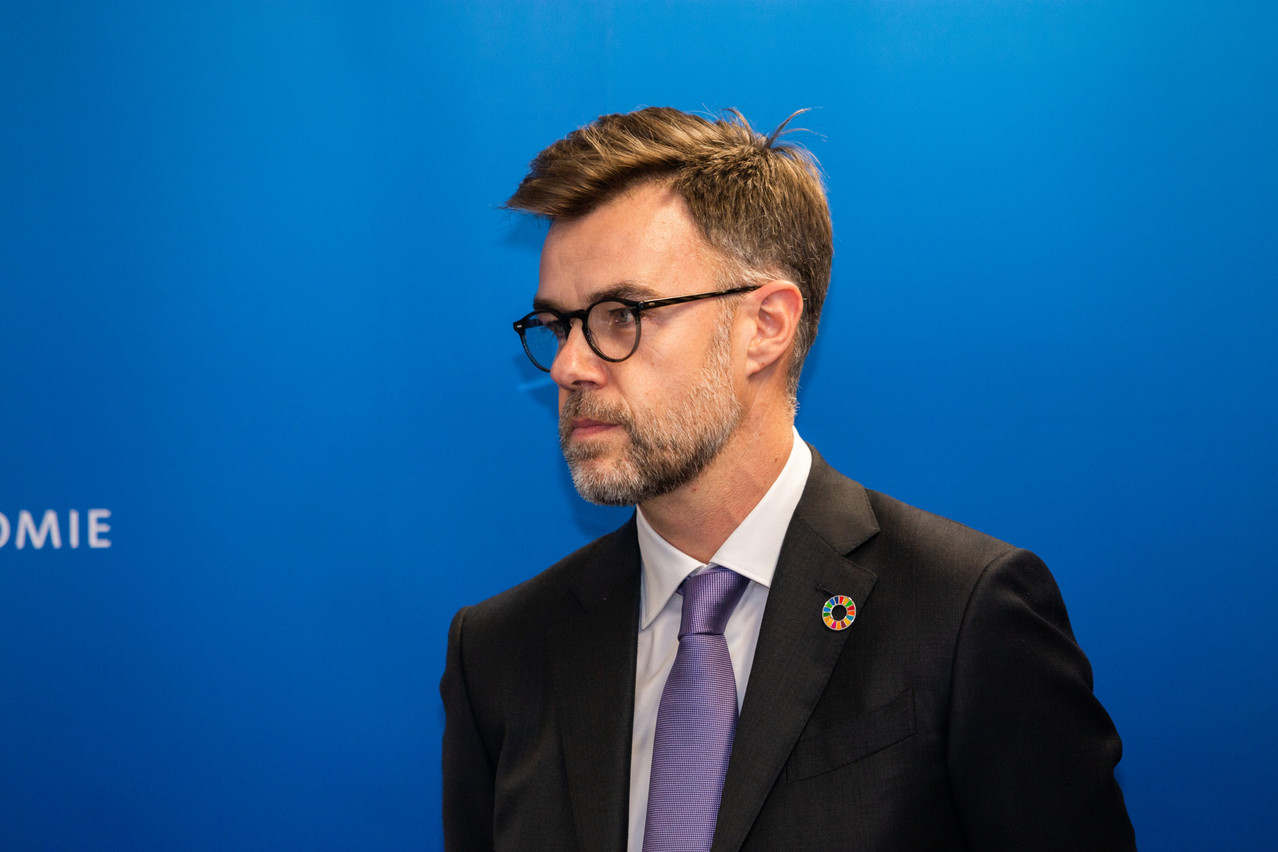The government in 2016 had presented the so-called on Luxembourg’s third industrial revolution. The cabinet under prime minister Xavier Bettel at the time identified nine priorities for policymakers, including promoting circular economy principles, boosting e-mobility, advancing sustainable finance and investing in .
“There is a real need and a desire to continue forward-looking discussions in an open and holistic manner, without sectoral silos. I fully share this wish and I deduce that it is important to put in place a new governance for the process launched five years ago,” said economy minister Franz Fayot (LSAP) in a statement.
The ministry on Friday published a review of 48 action points foreseen under the Rifkin initiative.
Three of the goals are listed as accomplished, including implementing new building standards to improve energy efficiency, launching a sustainable development platform and opening a cybersecurity centre. In 12 cases, work has not yet started or has advanced only a little. These include, for example, a shared economy platform, upskilling of industrial workers, boosting eco-innovation startups and several circular economy initiatives.
The majority of action points are in the process of implementation or have made significant progress, the report states. Among these are sustainable transport, construction and agriculture initiatives.
The pandemic has accelerated the trends identified in the Rifkin study, the economy ministry said. “The resilience of the economy and of society as a whole has thus become the key topic,” the ministry said.
Fayot in November last year launched a new division--Luxembourg Strategy--to define the long-term development of Luxembourg’s economy to make it more resilient, sustainable and competitive.
Among its missions, the group analyses global economic trends and their potential impact on Luxembourg, integrating social and environmental criteria into the country’s economic transition. It also aimed at reviewing and streamlining existing strategies, such as the Rifkin plan.
The came after a series of setbacks suffered by the economy ministry. Yoghurt maker Fage to build a factory in Luxembourg after hefty opposition by residents and politicians over environmental concerns. Previously, a rockwool factory was shot down by local communes because of pollution worries.
Both projects predated the arrival of Fayot as economy minister in February 2020, succeeding Etienne Schneider (LSAP) who left government.
“‘Luxembourg Strategy’ will broaden and deepen the reflections launched in the context of the TIR [third industrial revolution, editor’s note] strategic study, in order to accelerate the transition to a sustainable and resilient economy and will set up the continuation of the discussions within the framework of an open forum with a holistic and collaborative approach,” the economy ministry said.
